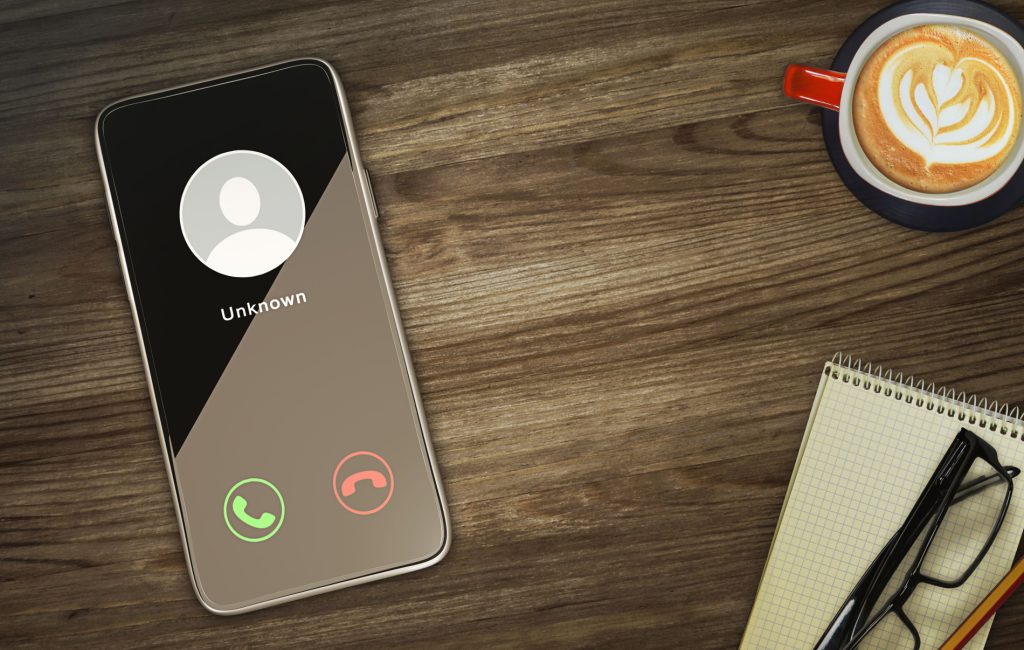Why I think it’s time to re-read ‘To Kill a Mockingbird’
How do we find our way though complex differences of opinion and identity in the workplace? Harper Lee might have some advice.
It’s hard to know where to start these days and how to process all that is happening around us.
There’s a lot going on.
Topping the list inarguably is the pandemic. An unanticipated case of community transmission and a snap lockdown is a subtle and cautious reminder that this thing isn’t over yet. Then added to the list is the vaccine roll out and the confronting reports from Canberra relating to the workplace culture in government, discussions around consent and women (and men) marching the streets for March4Justice. Another week in politics, another sexual misconduct allegation.
There’s also MAFS. Unless you signed my petition to Channel Nine to get it off our television screens, you probably don’t want my opinion on that. You see, I am immensely conflicted by the awfulness that Brittany Higgins has had to endure but the fact remains we have a TV program that shines a spotlight on gaslighting, cheating and bullying and it is wrapped up in a neat bow and called ‘entertainment.’
With all that is happening, it stands to reason that we will all have our own opinions and judgements on the issues that are capturing our attention and consuming our thoughts.
At dinner tables, backyard BBQ’s, mothers groups, book clubs and on the sporting fields, discussions are robust, perhaps heated, amongst friends and family the dialogue is rowdy and opposing. Telling your Covid-denying uncle he is being ridiculous might make Christmas a bit awkward but family disputes aside, what happens when divisive beliefs exist within the workplace? What if you were to discover your Manager is an anti-vaxxer and you’ve already registered for your Covid jab? What if your direct report thinks the stories coming from women out of Canberra are an exaggeration? Or you have a colleague who genuinely believes Covid is a conspiracy?
What then?
Never has there been so much polarising content to debate and dispute and conflict in the workplace is getting more complex, more complicated and more emotive.
That is a heavy burden that employers, managers and HR departments have to withstand.
I have interviewed thousands of candidates and worked with hundreds of clients. I have heard many stories of conflict. The cliched bones of contention over tuna in the office kitchen and tubs of yogurt mysteriously disappearing, to conflict over workloads, work styles and workwear. Colleagues and peers throwing each other under the bus, performance review misunderstandings, personality clashes and complaints of poor communication and micro-management.
Employers look to hire employees where there are shared values, but what will happen when these values start to blur, inevitably they will, as we continue to deal with all that the universe decides to toss our way. The importance of these social issues cannot be underestimated, and though they may not directly impact a workplace they still may have the power to derail even the best of cultures.
It would be naïve to assume and to suggest that everyone in the one office would share the same opinions. Not only would this be unachievable it would not even be a good thing. Varying opinions, the ability to have spirited conversations that have depth and substance, to challenge each other and to have your own thoughts challenged, this is all part of being a well-rounded individual. To be open minded, curious, to change your mind because you were invited to change your thinking. Diversity in the workplace grants us the ability to see and understand the viewpoints of others and when we see things through the lens of others we broaden our perspectives.
We will always need process and policy around conflict management, but crucially what we need moving forward is greater tolerance and a healthy dose of respect. Respect that people’s beliefs come from the influence of family and friends, an understanding that we are often the product of our own environment, that personal views stem from personal experiences and cultural differences. We will probably always have to work with people who challenge or compromise our own beliefs but importantly we need to learn how to be better at politely disagreeing. The fact that the majority of my staff watch a television program that I categorically despise does not make them any better or worse than I. I don’t engage in the conversations around last night’s episode but there isn’t an embargo on the topic either. Clearly MAFS is scarcely important as opposed to other more pressing issues, but my point is though I’m not at ease with what the show represents I respect that these are my views, and my staff don’t share the same thoughts.
I think the challenges we face are going to be around matters where the stakes are higher, and the beliefs run deeper. In my mind, it seems implausible to be able to have a sensible conversation with someone who would think that Covid isn’t real and fortunately I haven’t had to test my tolerance levels on this subject. A close friend of mine recently had this very issue in her own workplace and let it be said it has been difficult to separate the difference of opinion from the performance of the employee. She is quick to point out that there is nothing wrong with the employees work though the disparity between opinions is creating disharmony amongst what use to be a harmonious team. In this situation she is having to adopt all of her skills in conflict resolution.
This is not the type of conflict easily solved and everyone is warranted the right to their own beliefs. Tolerance will surely become a critical quality and soft skills we will all do well to master. Agreeing to disagree takes respect, empathy and tolerance.
There is much to be said about the wisdom of Atticus Finch “They’re certainly entitled to think that, and they’re entitled to full respect for their opinions… but before I can live with other folks I’ve got to live with myself. The one thing that doesn’t abide by majority rule is a person’s conscience.”









